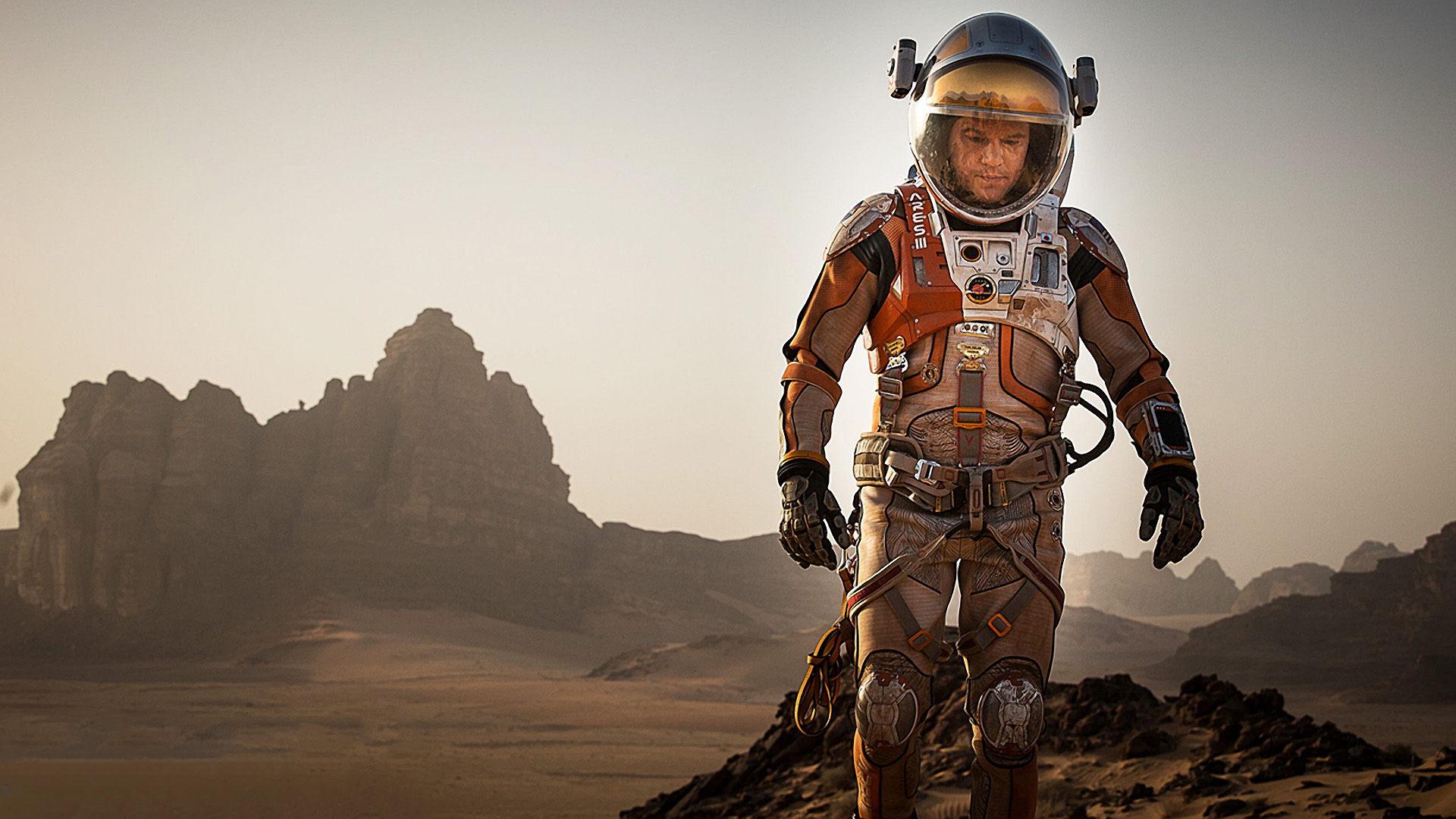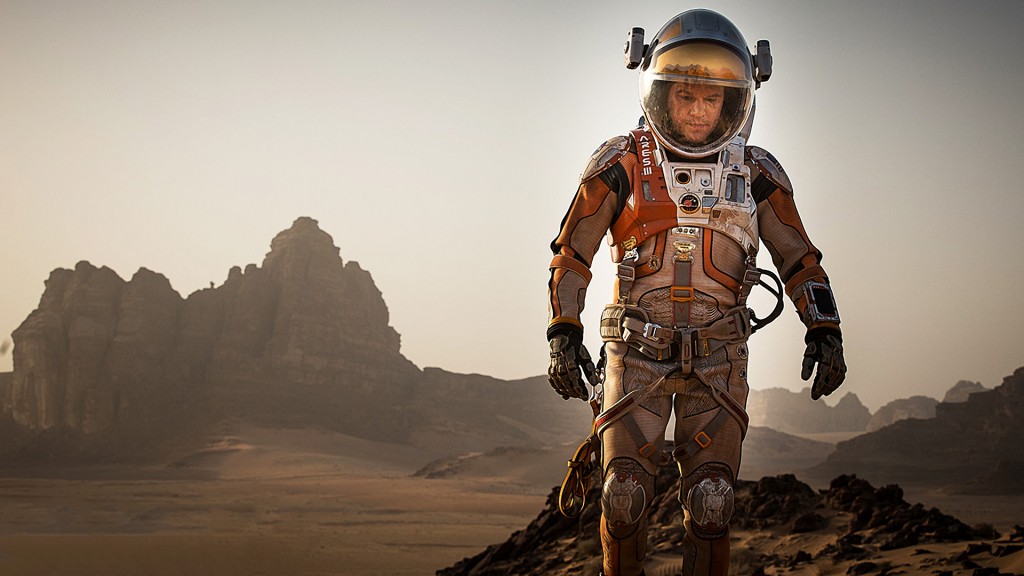By Mitch Huttema (The Cascade) – Email
Warning: this review contains major spoilers.
The list of films released in the past several months that piqued my interest was a sad and short one. This summer was long and dry with only Southpaw, and maybe The Man from U.N.C.L.E. to quench box office cinema enthusiasts’ thirst for adequate film-making. This fall saw a steady increase of great films released, The Martian being the first of which I was able to see. So I was excited, to say the least, to get back into the leathery, semi-reclining seats of Galaxy Cinema in Chilliwack.
Full disclosure: I have been a long-time fan of Ridley Scott’s brand of sci-fi; Alien and Blade Runner are locked in at the top of my favourites list. Scott’s films span many time periods and genres, but they all have the same huge visual weight to them. Kingdom of Heaven, Gladiator, and Prometheus are great examples of this, with their open and wide representation of landscapes and incredibly cinematic portrayal of their environments. The Martian falls right in line with these films.
I am not a fan of 3D by any means, but it was used well in this film. With The Martian being a space movie, it is understandable that Scott chose to work in 3D. Unlike the use of 3D in most other films, it did not seem to be a gimmick in The Martian. There was no overuse of giant chunks of rock flying out of the screen at you, there were no guns or wands pointed in your face, and there was a significant lack of people jerking back in their seats to avoid any explosions. Typically, you know something works well when you don’t notice it, and that was the case for the 3D in this film. It was instrumental in illustrating the depth of space, and allowed for interesting interplay between foreground and background in several shots.
Unlike other Scott sci-fi flicks, The Martian steps away from the themes of God, creation, power, and sexuality. I didn’t walk out of the theatre holding onto my manly bits out of unconscious fear the same way I did after seeing Alien and Prometheus, and I wasn’t questioning the origin of the universe or whether or not my best friend could potentially be a robot. Instead, The Martian is simply about a man surviving. The typical themes of man versus man / nature / god / self didn’t seem to apply. Yes, Matt Damon’s character was on another planet fighting for his life, but it didn’t seem like Mars was out to get him, it seemed like he was a scientist conducting experiments to which there could be either a positive or a negative result.
This film is the kind of science fiction that Earth really needs right now. Rather than being caricatured nerds scrambling around in lab coats, scientists are heroes for once. This film is unapologetically smart: it incorporates hexadecimals with no explanation, purports complex chemistry with humour, and only minimally dumbs down the astrophysics necessary at various points in the film. For once, we’ve proven that a blockbuster can accurately represent science, or at least do so respectfully. The film was plausible on every front and it really doesn’t feel like we’re that far away in history from the events of the plot.
I did, however, have several points of complaint with the film. Think of how you’ve seen a movie abandon someone on a foreign planet. That’s exactly how The Martian does it as well. Also, this film comes maybe a little too close to Interstellar, and Gravity. They definitely have visual parallels to this film. My biggest complaint about The Martian is the video diaries.
Why? I honestly felt like I had walked into Avatar by accident at times. Surely Scott could have come up with some alternate way for the character to explain his emotional state?
The film clocks in at 140 minutes, so it sits in the heavyweight class. However, I felt that I could have spent much more time in the theatre and never once felt it was too long. This film offers an interesting and realistic look at the necessity of science in everyday life, and how fundamental it is to our survival. The movie did moderately well to respect the laws of physics and stayed true to reality. However, there was one absolutely blatant disregard of the laws of cinema: Sean Bean played crew supervisor, stayed comfortably on Earth, retired wealthy, and didn’t die.



